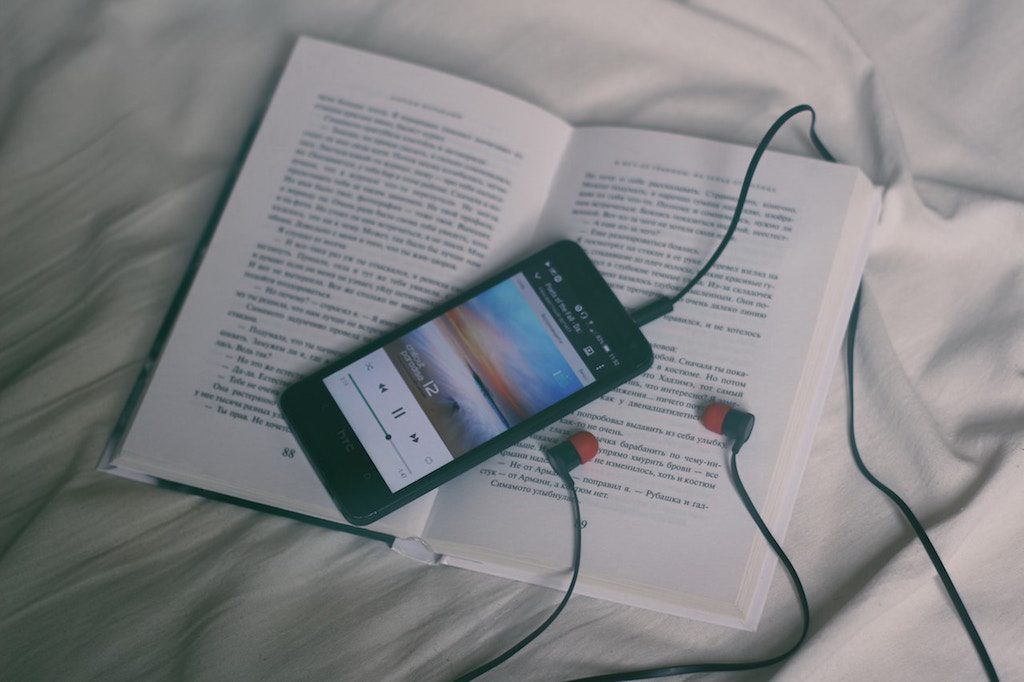Skift Take
There’s no denying that meditation is on the rise in the U.S., and companies want in on the upswing. Not only are the big players getting more funding but so too are startups, which might be able to carve out their own niches.
 The Skift Wellness newsletter is our weekly dispatch focused on what’s happening in wellness from a global business standpoint. Skift Wellness lives where wellness meets commerce, mindfulness meets technology, the yoga studio meets the boardroom, and health meets business.
The Skift Wellness newsletter is our weekly dispatch focused on what’s happening in wellness from a global business standpoint. Skift Wellness lives where wellness meets commerce, mindfulness meets technology, the yoga studio meets the boardroom, and health meets business.
The Centers for Disease Control and Prevention last year reported on the significant growth of meditation in America. Since then the more established meditation startups have received increased funding, and new ones are getting in on the action too.
Take Wave, a guided meditation app that’s all about the custom-made music that plays in the background. It just landed over $5 million in funding and hopes to differentiate itself by “leading with the positive,” as its founder said. For example, instead of looking for a practice to help you feel less tired, you’d search for one more energizing.
Unlike rivals Calm or Headspace, the subscription-based app pairs with hardware: a pillow that vibrates to the music, along with a pair of over-ear headphones. Wave’s business model of subscription plus hardware parallels that of Peloton — and it presumably hopes it will have similar success.
Speaking of Wave’s competition, Calm recently raised a whopping $27 million, putting the meditation company at a $1 billion valuation. Over the past year, the app has successfully launched Sleep Stories, or bedtime stories for adults — one of the most popular is read by actor Matthew McConaughey.
Even Pinterest is looking to address mindfulness. It just rolled out a new Activities feature that aims to help users find a sense of calm when they search for things like “stress quotes” or “work anxiety.”
Based on the current climate of anxiety in the U.S., meditation and mindfulness will continue to be a growing trend. We’ll only see more companies that want to capitalize on helping us all feel just a little calmer.
For feedback or news tips, reach out via email at [email protected] or tweet me @lesliebarrie.
— Leslie Barrie, Wellness Editor
Mind & Body

Wave Meditation Wants to Take a Bite Out of Headspace and Calm’s Business: You might think the meditation app market is already saturated, but the founders of the new Wave meditation app believe there’s still space. Investors likely do too, since the company just secured over $5 million in funding. The hook: It’s a music-based meditation app that costs $9.99 per month for a subscription and pairs with a $199 pillow that vibrates along to the beats. It’s a similar model to Peloton’s, though we’ll see if it’s as successful. Read more here.
Technology
Pinterest Rolls Out New Wellness Activities: People turn to Pinterest not only for home decor and travel ideas but also emotional uplift and positive inspiration. The social media platform recently partnered with Brainstorm, a lab focused on mental health at Stanford University, to create activities that users can do when they feel anxious or sad, like deep-breathing practices. Considering the stressed-out state of many in the U.S., it’s a wise move on Pinterest’s part. Read more here.
Travel
Psychedelic Retreats Aim to Attract Wellness Travelers: With psychedelic therapy gaining mainstream attention, it comes as little surprise that the wellness retreat industry would want to get in on the trend. New retreats have sprouted up in countries where psychedelics are legal or unregulated, offering the treatment in a tranquil setting away from day-to-day stressors. Still, the trips are not without risk, as critics question the quality of the drugs and who is actually administering them. Read more here.
Wearables
Sleep Tracking Devices May Not Actually Help Customers Snooze: Apple Watch, Fitbit, and other wearables help users track their sleep patterns, but the data may not be so useful. That’s because the numbers confirm what consumers already know: They’re getting too little sleep. Or worse, the wearables may make people stressed about their low sleep numbers, which could lead to insomnia. Even if these companies have good intentions, consumers may find they do more harm than good. Read more here.
Beauty & Spa
Kopari Beauty Lands $20 Million in New Funding: It’s a win for the coconut-based natural beauty brand, known primarily for its top-selling all natural deodorant. With this latest cash injection, Kopari Beauty will hone in on consumer data, since over 70 percent of sales comes from its website. Just recently the brand launched a coconut oil-based lubricant — the new funding might mean more new products are on the way. Read more here.
Skift Wellness Editor Leslie Barrie [[email protected]] curates the Skift Wellness newsletter. Skift emails the newsletter every Thursday.
The Daily Newsletter
Our daily coverage of the global travel industry. Written by editors and analysts from across Skift’s brands.
Have a confidential tip for Skift? Get in touch
Tags: pinterest, retreats, Skift Wellness, Sleep, social media, wellness
Photo credit: A smartphone with a listening app is shown. In the past year, many meditation startups have received increased funding. @kostyadyadyun / Unsplash
